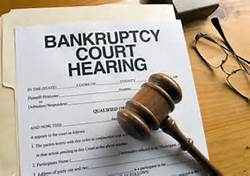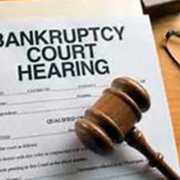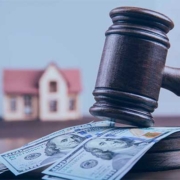
Consumer debtors claimed violation of the bankruptcy stay based on a “Notice of Sale” that was published in a local newspaper, and in letters that they received from law firms. The sale was canceled but debtors did not learn that until later.
Although two separate motions for relief from stay were filed by two different “creditors”, the motions were never ruled on and the stay remained in effect throughout the bankruptcy proceedings. After discharge, the debtors sued seeking damages under § 362(k) for their emotional distress.
The First, Seventh, and Ninth Circuits have ruled that emotional damages are encompassed within the “actual” damages provision in § 362(k). The Fifth Circuit has indicated agreement with this determination.
The Ninth Circuit set up a test for courts to apply when considering whether a plaintiff can recover damages for emotional distress:
1. the plaintiff suffered “significant harm,” as opposed to “[f]leeting or trivial anxiety or distress”;
2. that significant harm is “clearly establish[ed]”; and
3. there is “a causal connection between that significant harm and the violation of the automatic stay (as distinct, for instance, from the anxiety and pressures inherent in the bankruptcy process).”
The Ninth Circuit explained that the second part of the test can be covered by corroborating medical evidence or non-expert testimony (family members, friends, or co-workers) about the manifestations of the anguish.
Lodge v. Kondaur Capital Corp., — F.3d —-, 2014 WL 1813298 (11th Cir. May 8, 2014)
Carol A. Lawson, Esq., 28870 U.S. Hwy19 #300, Hodusa Towers, Clearwater, FL 33761 Phone: (727) 410-2705; email: calh@gate.net












